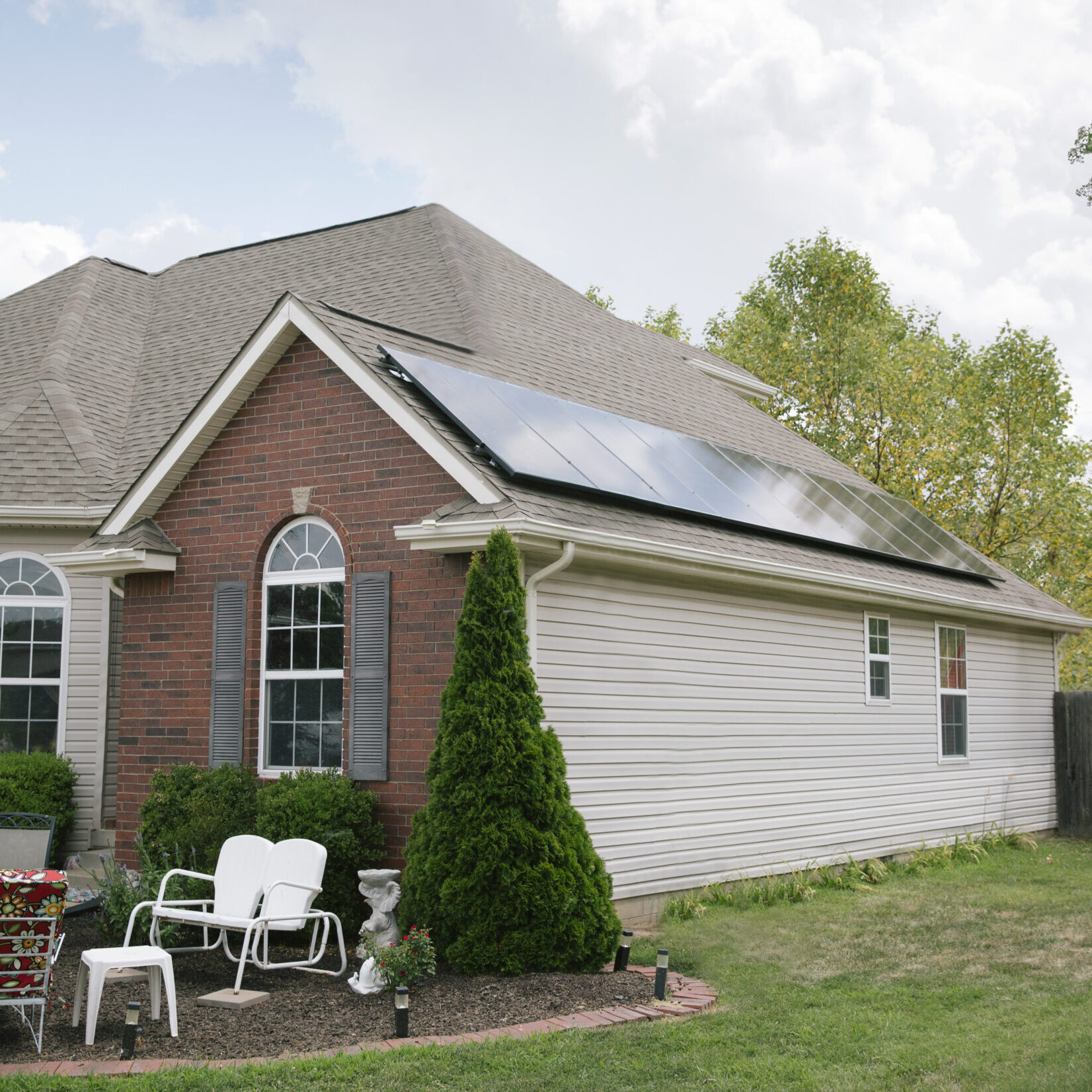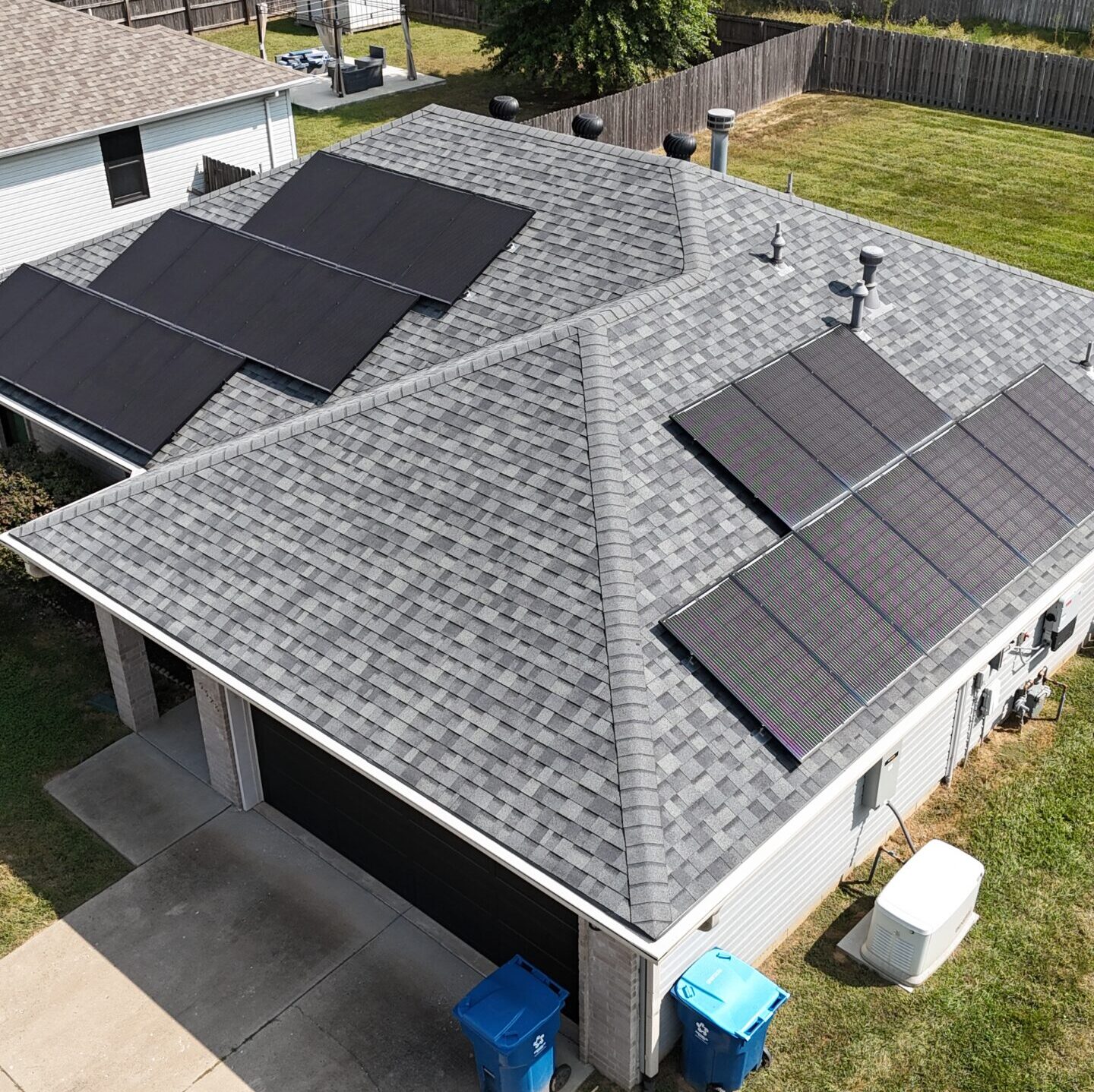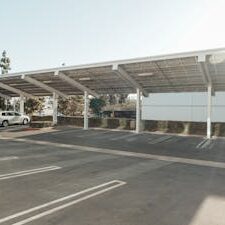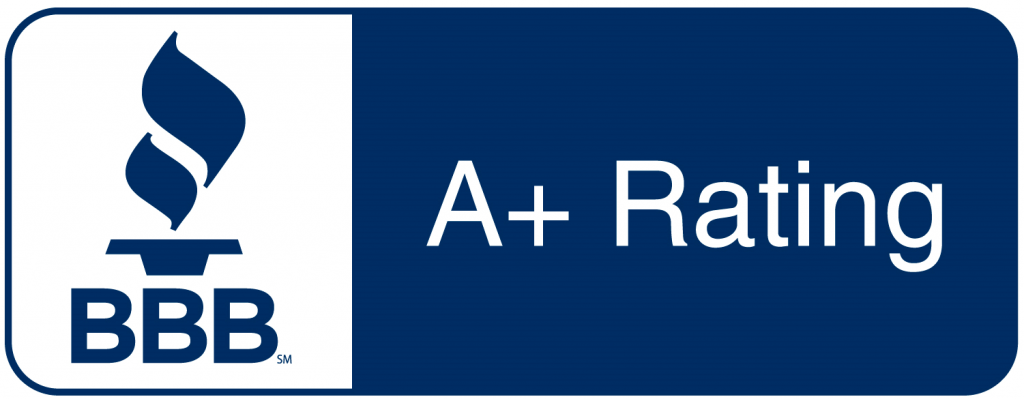Introduction
Thinking about switching to solar energy? You’re in good company. More homeowners and businesses are turning to solar to reduce energy bills, increase property value, and lower their carbon footprint. This guide will walk you through the fundamentals of solar power; what it is, how it works, what to consider, and how to decide if it’s right for you.
1. What Is Solar Energy?
Solar energy refers to the light and heat from the sun, which can be converted into electricity or used for heating. The most common technology is photovoltaic (PV) panels that convert sunlight into direct current (DC) electricity, which then is converted into usable alternating current (AC) power in your home or business.
It’s renewable, abundant, and increasingly cost-effective. According to keyword research, terms like “solar energy,” “solar panels,” and “how does solar energy work” have significant search volumes, indicating people are actively seeking this information.
2. Why Consider Going Solar?
- Lower electricity bills: By generating your own power, you reduce reliance on the grid and utility companies.
- Return on investment: Over time, the savings in energy costs can offset the upfront system cost.
- Environmental impact: Solar reduces greenhouse-gas emissions and dependence on fossil fuels.
- Increased property value: Homes equipped with solar systems often sell faster and at higher prices.
- Energy independence: For some, solar offers more control over their energy destiny (especially when paired with battery storage).
- See other advantages here.



3. How Solar Systems Work (in Simple Terms)
Here’s a step-by-step breakdown:
- Solar panels (PV modules) are mounted on your roof (or ground mount) and exposed to sunlight.
- Sunlight hits the panels and generates DC electricity.
- An inverter converts the DC electricity to AC electricity for home/business use.
- Your system powers your electric loads; excess energy can be sent back to the grid (or stored in batteries if you have them).
- You monitor your system’s performance, check for shading or maintenance issues, and enjoy long-term benefits.
4. Key Factors to Evaluate Before Installing Solar
Before you commit, here are the major considerations:
- Roof condition and orientation: Is your roof in good shape? Does it face south (in the Northern Hemisphere) or is it partially shaded? These affect how much energy you’ll produce.
- System size & your usage: How much electricity do you use now? What size system will cover your needs?
- Cost and pay-back period: What’s the upfront system cost? Are there incentives (tax credits, rebates)? What is the estimated time until you break even? learn more about costs
- Financing options: Cash purchase, solar loans, leases or power-purchase agreements (PPAs) which fits best for you?
- Incentives & local policies: Many states/localities have solar tax credits, net-metering policies, or rebates.
- Maintenance and warranty: Solar panels typically require minimal maintenance, but you’ll want to know about warranties on panels/inverter.
- Future plans: If you plan to add an electric vehicle (EV) or battery storage, design your system accordingly.
5. Common Questions & Misconceptions
Q: “Is solar only for the wealthy?”
A: Not necessarily. With improving technology and financing options, solar can be accessible for many homeowners and businesses.
Q: “Do solar panels work in cloudy/rainy climates?”
A: Yes — solar panels still generate electricity in diffused light (though they’ll produce more in full sun).
Q: “What happens if I move?”
A: Many buyers view a solar-equipped home as more desirable, so moving doesn’t mean losing out; but it’s worth discussing with your installer.
Q: “Is solar maintenance intensive?”
A: No. Solar systems are relatively low maintenance. Occasional cleaning, monitoring and system checks are often sufficient.
Click here for more questions to ask your installer.



6. How to Pick the Right Solar Provider
Since your website is focused on sales, this is a key section to position and differentiate your offering. Here are criteria to look for:
- Certifications & experience (e.g., licensed installer, good track record)
- Strong warranty offerings and service commitments
- Transparent pricing and performance estimates
- Good reviews/references from local customers
- Financing and incentive guidance
- Post-install monitoring and support

No responses yet